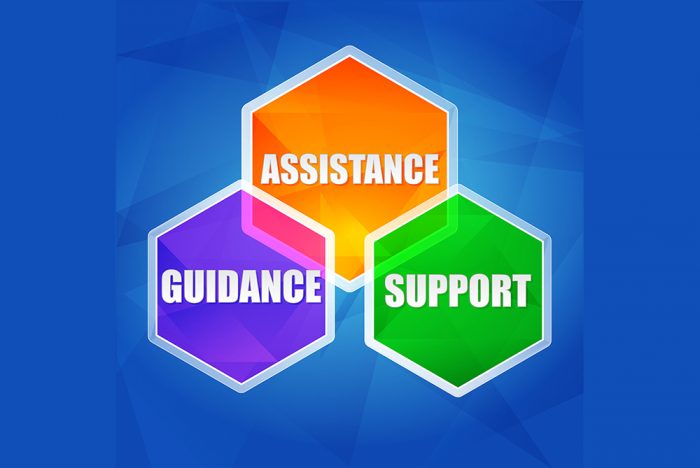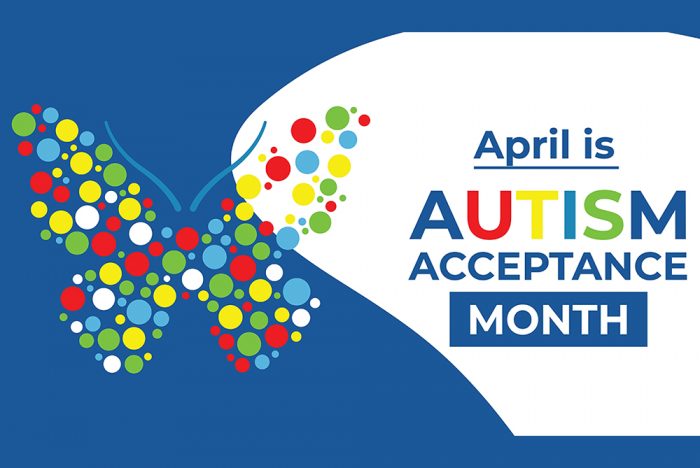The Office of Developmental Programs (ODP) held a Quarterly Provider Forum today, April 1, to discuss Performance-Based Contracting (PBC) submission status updates and tier assignments, Pay 4 Performance (P4P) status updates, upcoming important dates, stakeholder notification letters, and to announce the new Performance Analysis Services (PAS) vendor. Updated CIE and IM data is available on the forum handouts, as well.
ODP staff shared that 366 residential providers submitted their data for PBC by the deadline of March 15. Submissions included Primary: 307; Select: 33; and Clinically Enhanced: 26. 39 providers failed to submit (receiving DCAPs).
ODP is on schedule with scoring for May. Tier notification letters are anticipated to be sent by May 15, 2025. Provider data was re-run from the first submission period using CY 2024 data; 5 providers from option 1 period advanced tiers and were notified on February 25, 2025.
P4P approval notifications are to be sent no later than April 20, 2025.
For any questions, please contact Tim Sohosky, IDD Division Director, or Cathy Barrick, IDD Policy Analyst.


















